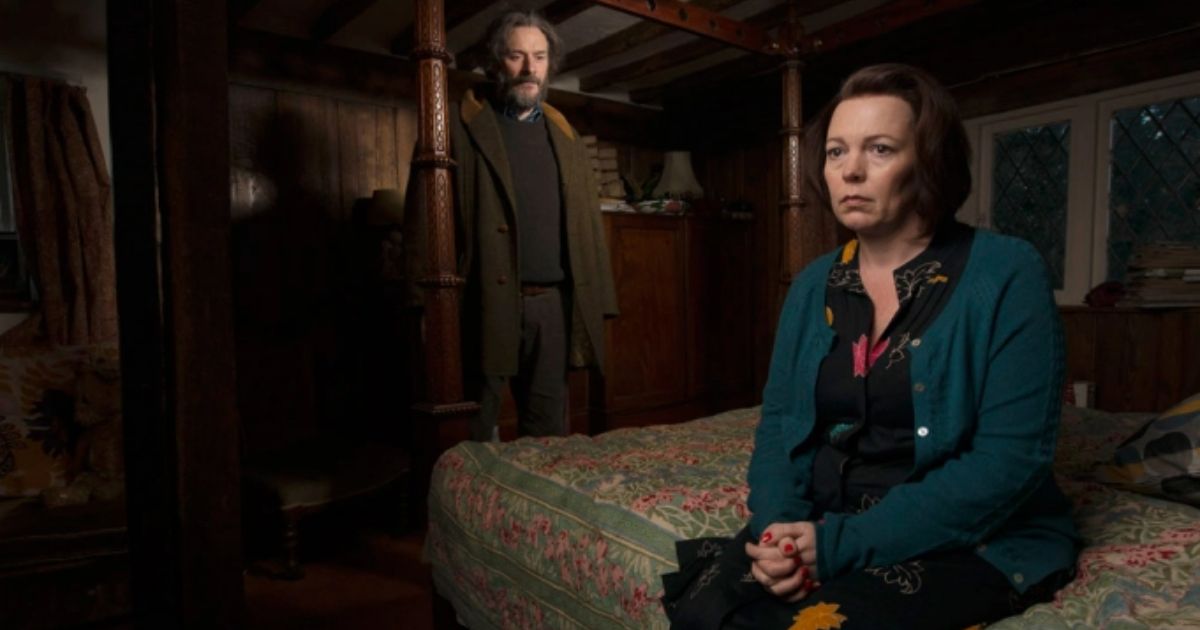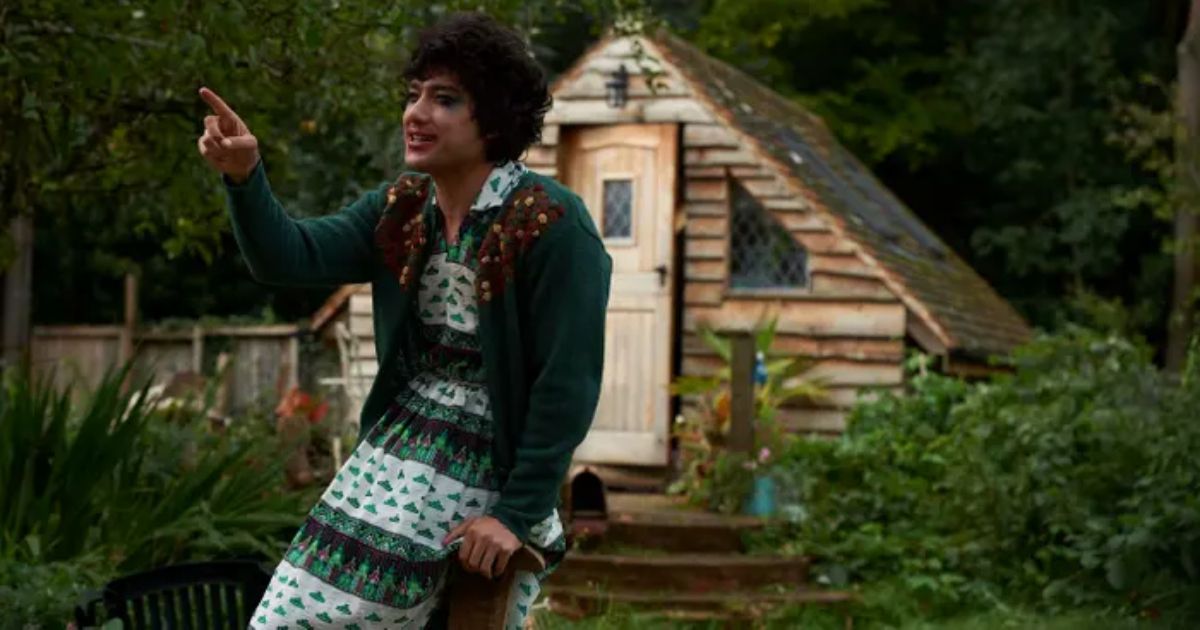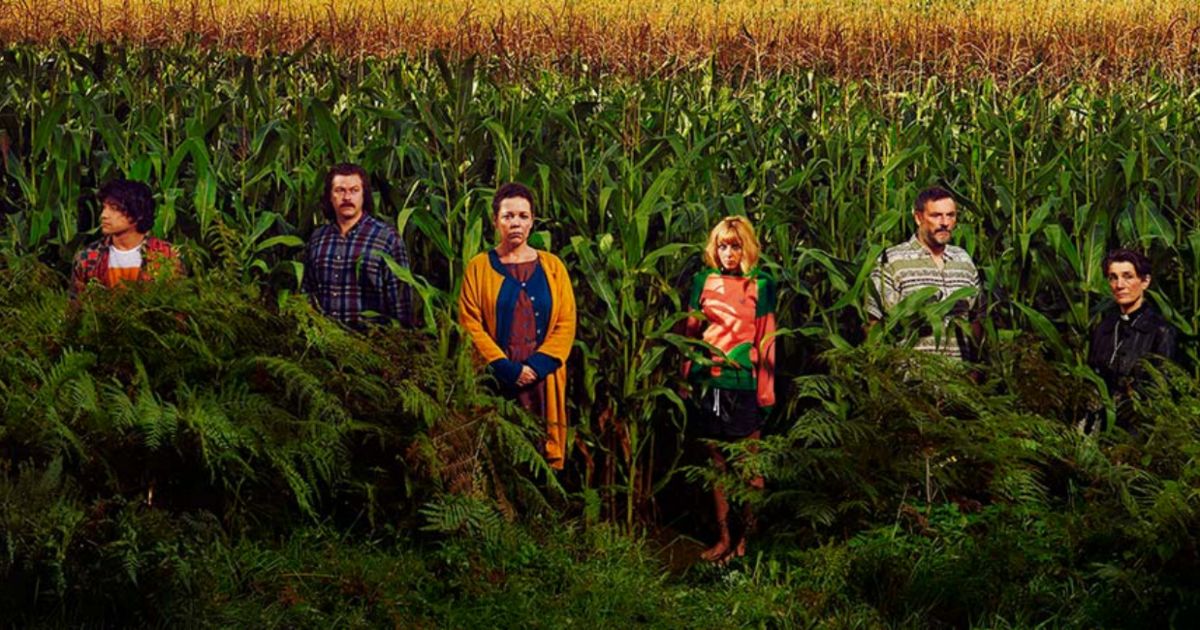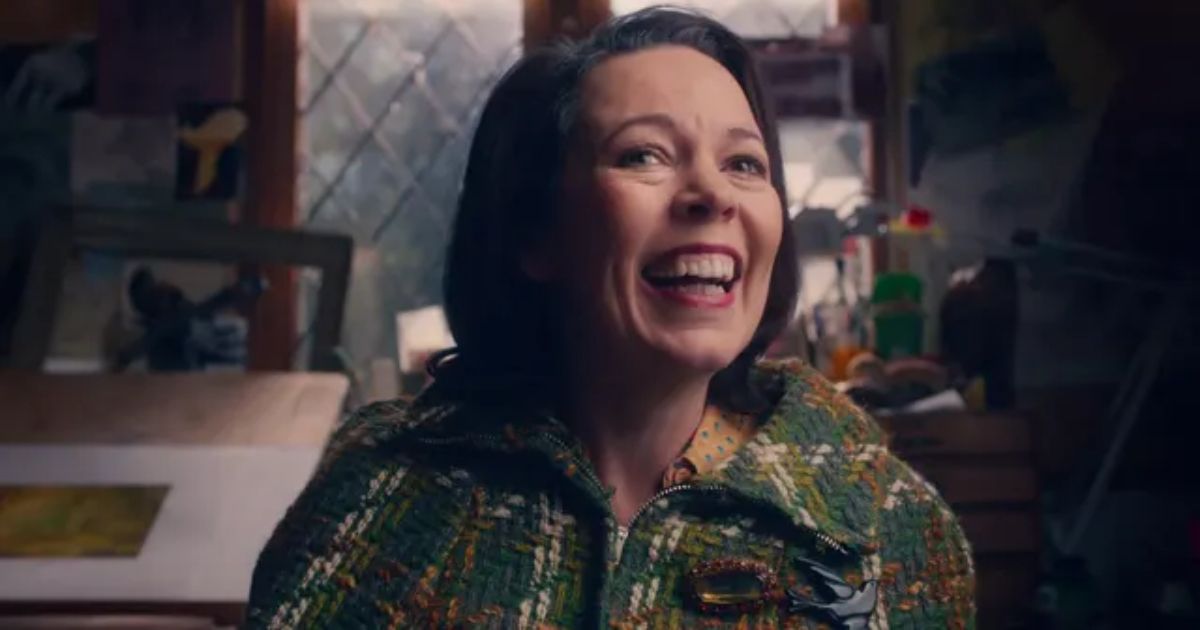Flowers is a British black comedy-drama sitcom written by Will Sharpe, starring Olivia Colman and Julian Barratt. First hitting our screens in 2016, the series follows the Flowers family: depressed father and author Maurice, his wife and music teacher, Deborah, and their 25-year-old twin children, Donald the obnoxious inventor and Amy, a tortured musician.
We follow their dark yet humorous journey through life, as they struggle to hold themselves and their family together. As Maurice and Deborah's marriage is hanging on a very thin yet incredibly strong piece of string; Maurice is constantly fighting his own demons and dark secrets, and Deborah begins to believe that he is having a homosexual affair with his Japanese illustrator, Shun (played by writer/creator Sharpe).
If that's not enough, they live in a dark, creaky old house that is on its last legs with Dotty, Maurice's senile mother, along with their twin children. On top of dealing with their emotional moments and dysfunctional family, and their own personal battles, they are also surrounded by very strange neighbors and nosey contractors working on their house, who just add to the stress. The series blends artistic comedy beautifully with dark themes tackling mental health; let's take a look at why Flowers is a must-see show.
Suicide and Silliness in Season One of Flowers
Before we're even ten minutes in to the series, we already delve into the darkness of this incredibly sad story of mental health. As the first episode begins, we are shown Maurice as he ties a noose to a tree, fastens it around his neck, and jumps off a chair. Straight away, the branch snaps. As he grumbles "F*ck's sake," to himself, he gets on with his day and stumbles back into the house. His suicide attempt is just another petty failure in his day-to-day life.
The show carries a sense of melancholy humor as it follows Maurice's struggling journey with mental health; throughout the first season, he finds himself unable to connect and open up with his family about it. Completely unaware of exactly how he is feeling, his wife Deborah, with her saddening optimism, tries to suggest an open marriage, all the while her daughter Amy is also suffering with her own issues. The deeply longing Maurice has to speak about his problems, but feeling like he can't is truly heartbreaking to the viewers. There are many funny, almost slapstick-like moments, all while maintaining a truly respectful and perceptive look into mental health struggles.
The Shift in Comedy and Tragedy in Flowers Season Two
As we move onto the second season of Flowers, we happily find that he is medicated and takes part in a mindfulness regime. Instead, the second season turns our focus to Amy, whose love for art has turned into something more challenging to comprehend, and Shun, formerly the most optimistic and joyful character, who falls into a depression similar to Maurice's and becomes an alcoholic
As we deal with dark themes surrounding such sensitive mental health problems, they are presented to us in quite an uplifting way that is actually quite hard to get your head around. While they are very real and serious situations, with themes of deep sadness, suicide, and tragedy, they are perfectly blended with comedic awkwardness and very genuine laughs. It shows that while the family manage with such deadly subjects, while also maintaining laughter and upbeat moments, which also goes to show that our mental health does not define us as people and we can still manage to control it and have a loving family and happy life.
Flowers Raises Awareness For Mental Health
While topics surrounding mental health are becoming more public within society, this series shows that filmmakers are taking this and creating a sensitive and enjoyable portrayal of the severity of mental health, and Sharpe does so in a thoughtful way that is also comedic and often very beautiful. Flowers does a fantastic and powerful job at balancing this humor and sadness, touching on the difficult task of facing our past, healing from trauma, and finding a place with our families, where we are open, honest and vulnerable.
The portrayal of mental health within this show was extremely natural, convincing, and eye-opening. It portrays the way Maurice feels smothered by his depression, which raises brilliant awareness to the way mental health issues can take over one's mind, as well as how difficult it is for family members to help, support, or even notice. Sharpe has experience with this, and even comfortably explains his heart-warming inspiration for the show with The Guardian:
“The other thing that I’m happy to talk about is that I have type two bipolar,” Sharpe says. “So a lot of the stuff that I’m writing about is not directly from experience, but obviously my worldview is affected by that.”
Turning Pain Into Comedy is the Depressive's Pastime
With incredible responsibility to portray the story in a sensitive way to viewers who might relate to it, addressing mental illness (especially with comedy) is something that must take a lot of consideration. However, it was without a doubt executed beautifully in Flowers, where an artistic atmosphere that's both awkward and warmly inviting creates really funny situations that are actually enlightening about psychic suffering.
In fact, as a society, many of us turn our pain into humor, whether that's mental health-related or not; we tend to use it as a way to cope or as a defense mechanism This means that we can to some extent relate to Maurice and his family, as they have a whole ton of stuff to cope with, so Sharpe asks: why not laugh along the way? When we're embarrassed, or stressed, or feeling uncomfortable, we tend to diffuse the awkward situation with laughter and, while sometimes it can dig us into a bit of a deeper hole and we really should at times allow ourselves to be vulnerable, sometimes it just feels right and almost healing to laugh at our pain. This is exactly why Flowers won the heart of its viewers and why it makes such a brilliant, heartwarming, eye-opening, and very important TV show about mental health.

.jpg)



